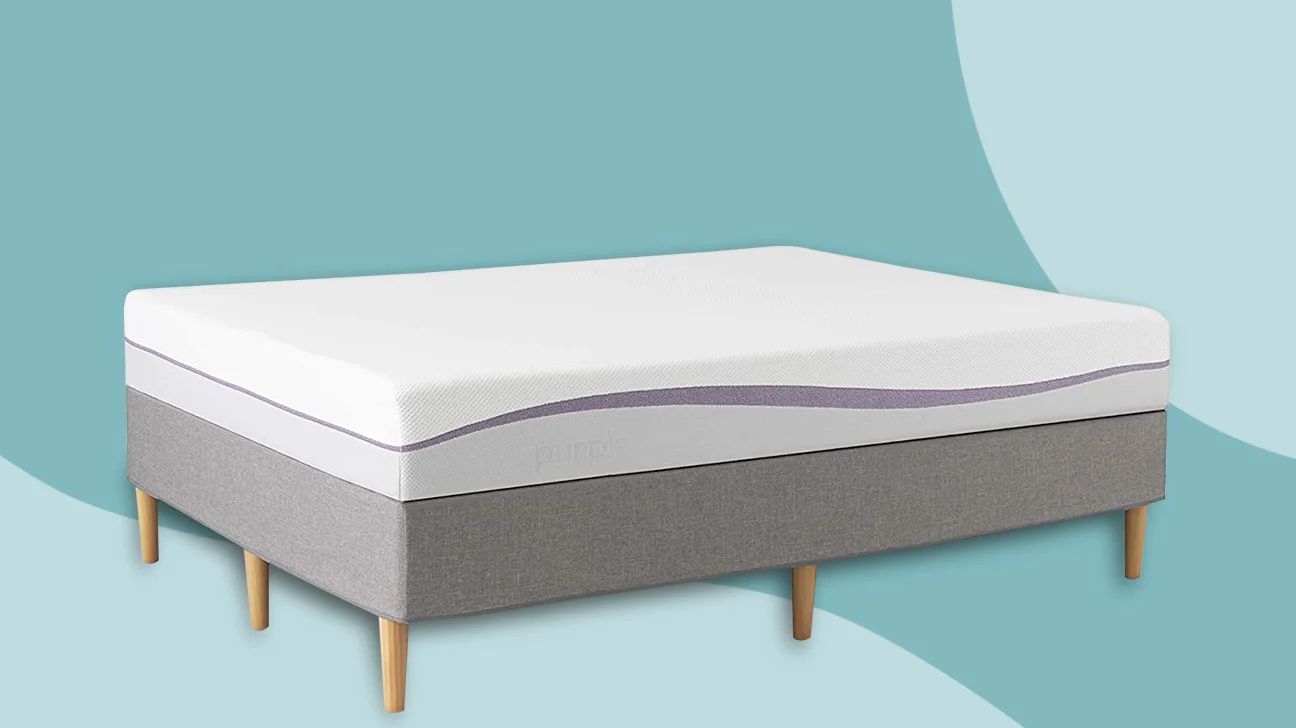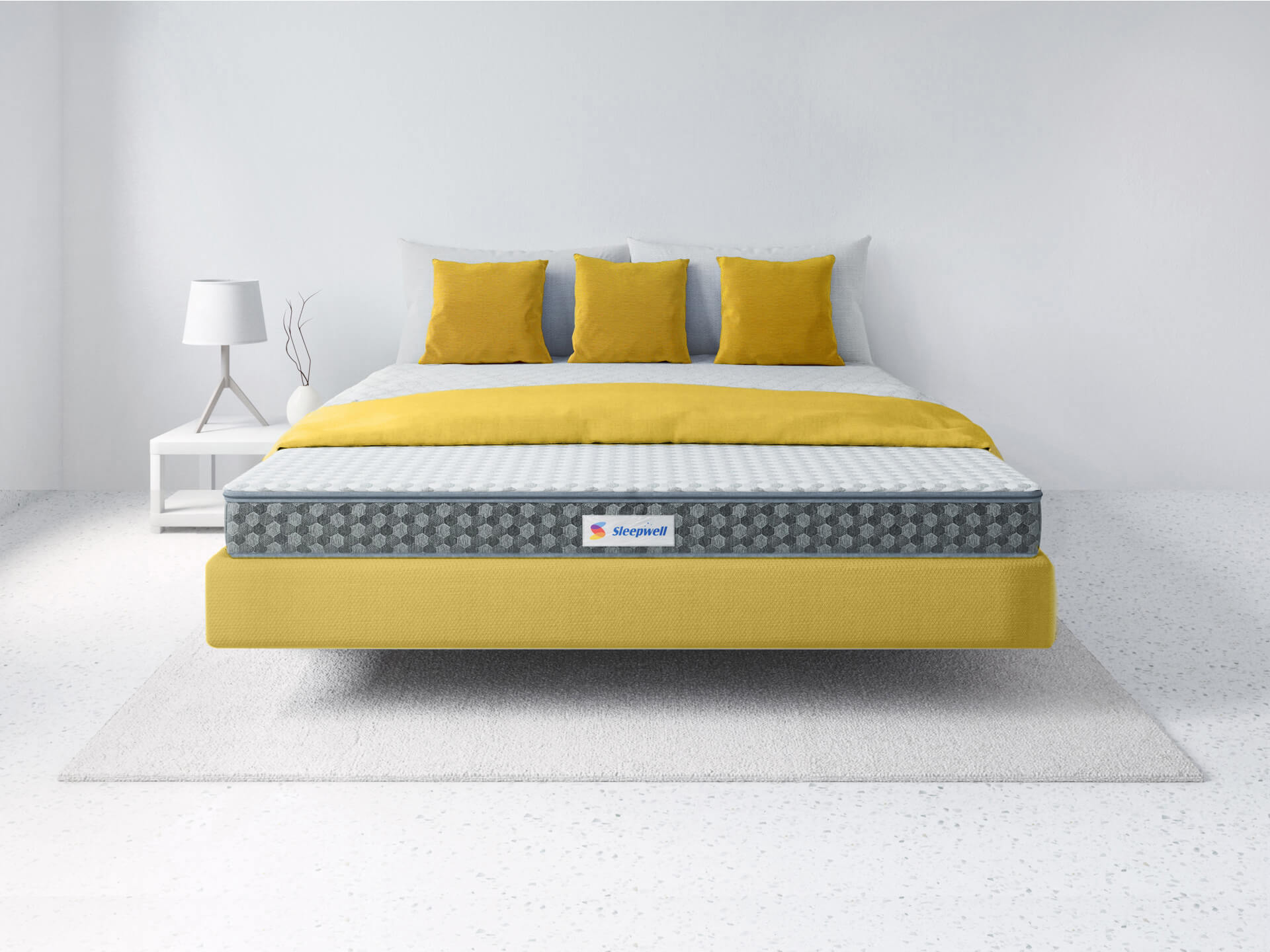
Back pain can arise from various factors, including poor posture, muscle strain, spinal misalignment, and underlying medical conditions such as arthritis or herniated discs. Consequently, the best mattress for back pain effectiveness of any mattress in alleviating back pain depends on its ability to support the spine’s natural curvature, relieve pressure points, and promote proper alignment during sleep.
Benefits of Memory Foam Mattresses for Back Pain:
The best mattress for back pain is engineered to contour to the body’s unique shape, distributing weight evenly and relieving pressure points. This conforming ability can help alleviate discomfort in areas prone to tension, such as the lower back. By cradling the body and providing targeted support, memory foam mattresses may assist in maintaining spinal alignment, thus reducing strain on the back muscles and promoting relaxation.
Moreover, memory foam’s viscoelastic properties allow it to respond to body heat, moulding to the sleeper’s contours and providing a customized sleeping surface. This adaptability can be particularly beneficial for individuals with back pain, as it helps minimize motion transfer and ensures undisturbed sleep throughout the night.
Furthermore, memory foam mattresses often incorporate various layers of foam with different densities to achieve optimal support and comfort. High-density foam layers provide firmness and stability, while softer layers offer cushioning and pressure relief. This combination can cater to a wide range of sleep preferences and body types, making memory foam mattresses a versatile option for individuals seeking relief from back pain.
Potential Drawbacks:

While memory foam mattresses offer numerous benefits for back pain sufferers, they may not be suitable for everyone. Some individuals may find memory foam too soft, leading to excessive sinking and potential alignment issues, especially for those who prefer a firmer sleeping surface. Additionally, memory foam tends to retain body heat, which can be uncomfortable for hot sleepers or exacerbate night sweats.
Moreover, memory foam mattresses may emit off-gassing odors initially, which can be a concern for individuals sensitive to chemical smells. However, most memory foam mattresses are now manufactured using CertiPUR-US® certified foams, which are tested for harmful chemicals and emissions, mitigating this issue to some extent.
Conclusion:
Memory foam mattresses can be beneficial for alleviating back pain due to their ability to conform to the body’s contours, distribute weight evenly, and provide targeted support. However, individual preferences and needs vary, and some individuals may find other mattress types more suitable for their specific condition. It’s essential to consider factors such as firmness, support, and sleeping position when selecting a mattress to address back pain effectively. Consulting with a healthcare professional or trying out different mattresses through a trial period can help determine the best option for achieving restful and pain-free sleep.
